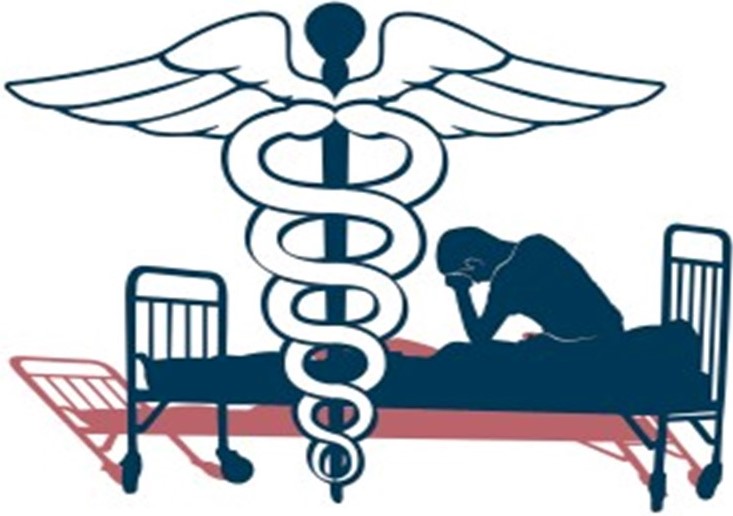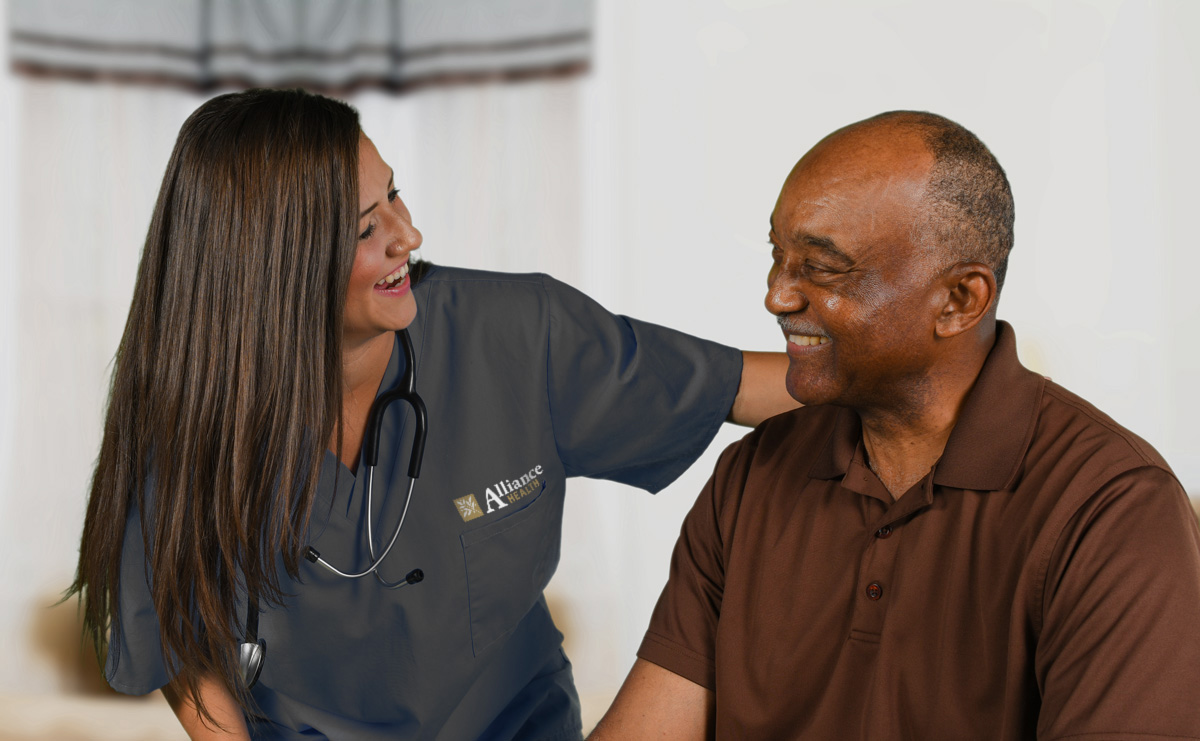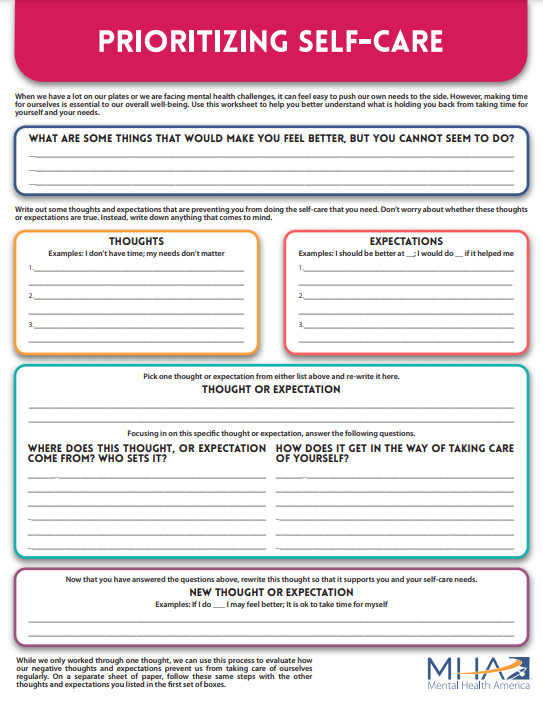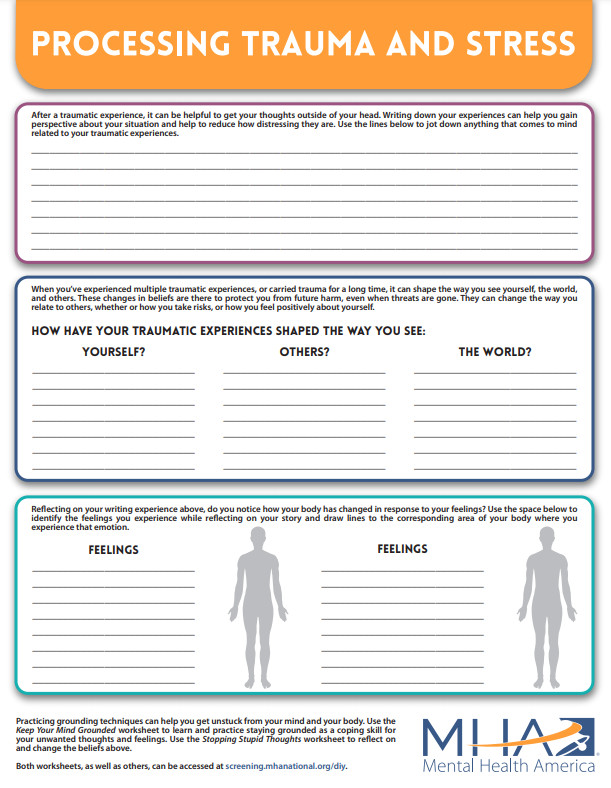If you need to talk, the 988 Lifeline is here.
At the 988 Suicide & Crisis Lifeline, we understand that life’s challenges can sometimes be difficult. Whether you’re facing mental health struggles, emotional distress, alcohol or drug use concerns, or just need someone to talk to, our caring counselors are here for you. You are not alone.
Chat, Call, or Text to 988
Or Click: https://988lifeline.org/
Mental Health and Physical Health Challenges:
If you’re dealing with a chronic condition
When chronic illness and disability make it hard for you to get around, social isolation can creep up on you. You might feel that your old friends aren’t as supportive as they once were, and you’re spending more time alone than you would like. Here is helpful information:

Loneliness can negatively affect health so it becomes a loop of emotional and physical negativity.
JCDR – Loneliness, Mental health, Physical health
One way to break the cycle is to actively work on expanding your network of friends. You can start with people who also have physical health challenges. Search for mutually supportive relationships where you can share ideas on how to overcome loneliness and isolation.
This article has a lot of great resources surrounding loneliness:
How to Deal with Loneliness: Support and Resources (healthline.com)
Here are also some places to connect and other resources you can try out right now:
- The Rare Disease United Foundation provides a list of Facebook Groups by state to help people with rare diseases share information and events at a local level.
- Healing Well provides a host of forums by condition. Join a community and find out what works for others in a similar situation.
- The Agency for Healthcare Research and Quality (AHRQ) provides a list of resources for a variety of chronic diseases and conditions.
- But You Don’t Look Sick is on a mission to help people with chronic illness or disability to feel less alone and live their lives to the fullest.
- Programs 4 People is a program of the Invisible Disabilities Association. The comprehensive resource page includes a multitude of issues relating to chronic health conditions.
Anxiety:
- Anxiety Disorders and Anxiety Attacks:
https://www.helpguide.org/articles/anxiety/anxiety-disorders-and-anxiety-attacks.htm
- Panic Attacks and Panic Disorder:
https://www.helpguide.org/articles/anxiety/panic-attacks-and-panic-disorders.htm
- Therapy for Anxiety Disorders:
https://www.helpguide.org/articles/anxiety/therapy-for-anxiety-disorders.htm?pdf=12840 - Anxiety Medication:
https://www.helpguide.org/articles/anxiety/anxiety-medication.htm?pdf=12831
Stress Management:
- Signs and Symptoms of Stress:
https://www.therapistaid.com/worksheets/symptoms-of-stress.pdf
https://www.therapistaid.com/worksheets/recognizing-stress.pdf
- Problem-Solving:
https://www.therapistaid.com/worksheets/problem-solving.pdf - Relaxation Techniques for Stress Relief:
https://www.helpguide.org/articles/stress/relaxation-techniques-for-stress-relief.htm?pdf=11830 - Job Loss and Unemployment Stress:
https://www.helpguide.org/articles/stress/job-loss-and-unemployment-stress.htm?pdf=11828
Depression:
- Depression Symptoms and Warning Signs:
https://www.helpguide.org/articles/depression/depression-symptoms-and-warning-signs.htm?pdf=13024 - Coping with Depression:
https://www.helpguide.org/articles/depression/coping-with-depression.htm?pdf=13020 - Depression Treatment:
https://www.helpguide.org/articles/depression/depression-treatment.htm?pdf=13025 - Supporting Someone with Depression:
https://www.therapistaid.com/worksheets/supporting-someone-with-depression.pdf - Antidepressant Medication:
https://www.helpguide.org/articles/depression/antidepressant-medication.htm?pdf=13019 - Find a Support Group:
https://www.dbsalliance.org/support/chapters-and-support-groups/find-a-support-group/
Click the links below to download forms related to
Prioritizing Self-Care and Processing Trauma and Stress.
Please don’t forget that your Alliance Health Behavioral Health staff are here to offer a listening ear, strategies to help cope with uncertainty, and provide resources. The first step of reaching out may feel uncomfortable, but we are all learning how to manage discomfort and WE WANT TO HELP,
So just give us a call ?








